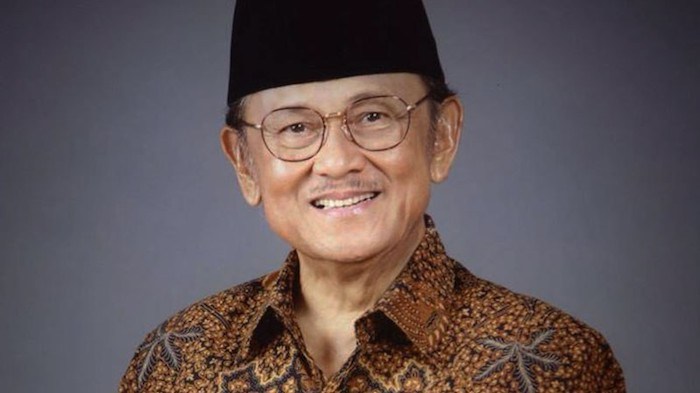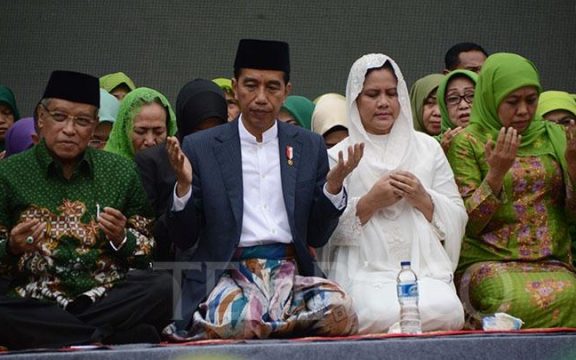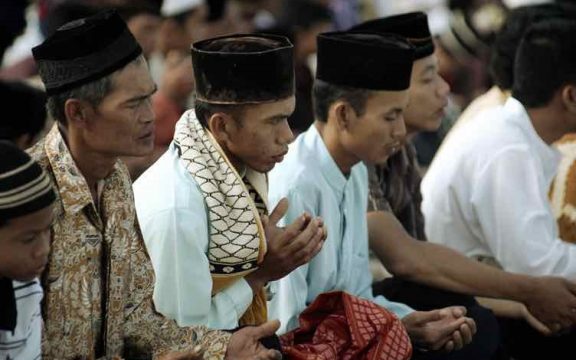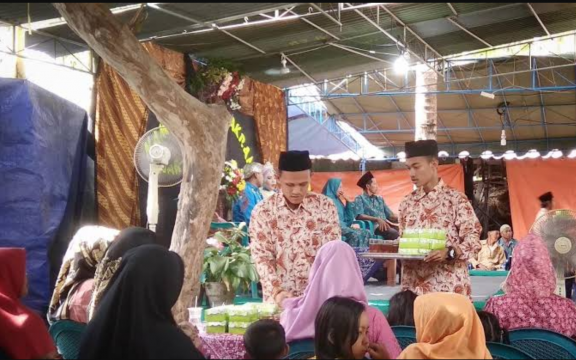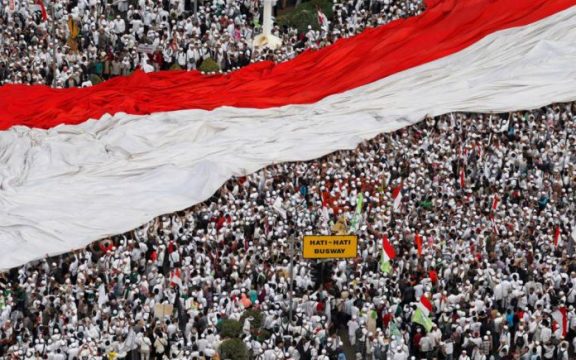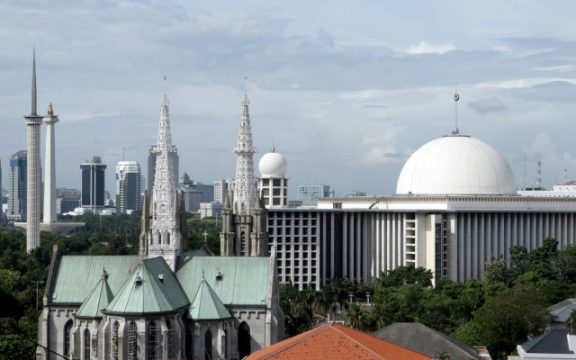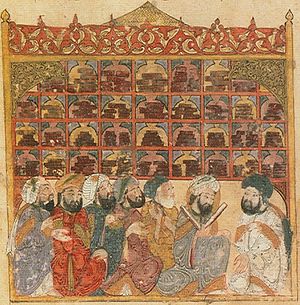Indonesia lost one of its best leader in history. Baharuddin Jusuf Habibie, the former president of Indonesia passed away on Wednesday, 11 September 2019 in Jakarta. He was died at 83. It is informed that his death was caused by heart failure.
Habibie was born in Parepare, South Sulawesi in 25 June 1936. He is probably the most prominent engineer that Indonesia ever has. His expertise is on aviation and aeronautic engineering, spending most of his life to research and develop national’s aircraft industry. Earning his Doktoringenieur degree in Aachen University, Germany, he attracted many offers of employment from big airplane companies such Airbus and Boeing, which he declined.
In 1974, Habibie returned to Indonesia and held several posts until 1978. During the year, the late president Soeharto recruited him as the Ministry of Research and Technology for twenty years during his administration. Soeharto then appointed him to serve as Vice President in 1998.
Habibie also played a role in the history of Islamic intellectual in Indonesia. He is one of the founder of Indonesian Association of Muslim Intellectuals (Ikatan Cendekiawan Muslim Indonesia, ICMI). The organization was favored by the Suharto regime, as it infiltrated the strategic positions in government officials and accommodated the modernist Muslim intellectuals. ICMI was not really favored by its opposition such as Nahdlatul Ulama, which is inclined towards traditionalist approach.
Thus made Habibie as inevitable part of 32-years authoritarian regime in the edge of its decline.
The decline of the regime was coincided with Indonesia’s struggle to survive the economic crisis. Soherato stepped down and the Vice President Habibie became President in March 1998. Many rights activists were doubtful to his commitment in ushering democracy, due to his close connection during Soeharto’s regime.
But Habibie prove them wrong. He played very crucial role in ushering democracy of Indonesia. He called the first free elections in 1999, participated by 48 political parties. Political prisoners during previous regime were released, reduced the role of the military in politics, and paved the way to decentralize the governments.
Habibie also made a bold move, called referendum for the province of East Timor, an island that was once colonized by Portuguese, offering choice between special autonomy and independence. The East Timorese overwhelmingly chose independence. The move was highly unpopular with Indonesians as the nation lose its territory but for the East Timorese, Habibie was the hero.
East Timor people immotalize Habibie’s role in granting them independence by naming a bridge in Dili, East Timor capital, after his name. The inauguration was to mark 20th anniversary of the referendum on 30 August 2019.
Xanana Gusmao, who had been a political prisoner during Soeharto regime, became East Timor’s first president. A video clip went viral on the internet showed Gusmao bid an emotional farewell to Habibie at his hospital bedside. Showing the humanity is, afterall, above politics.
Habibie run the office only 17 months. The shortest period ever in Indonesia history. He was succeded by President Abdurrahman Wahid, who continued to strengthen democratization of Indonesia.
Lifetime Commitment to Aircraft Engineering
Habibie is probably the most prominent engineer Indonesia ever has. He showed true passion and commitment to develop high tech research on Indonesian aircraft since his study in Germany.
Right after he returned to Indonesia, Habibie was made CEO of Insutri Pesawat Terbang Nusantara (IPTN) in 1976. Under Habibie leadership, IPTN had grown and manufactured small passenger plane and helicopters. Ten years later, in 1986, Habibie started a development plan of Indonesian commuter airplane, The N-250, with the capacity of 70 passengers. The prototype flew succesfully in August 1995, marking 50 years of Indonesian independence. The next prototype was planned to fly in 1996 but ironically, the construction for the plane was terminated due to financial crisis in Asia.
Habibie had predicted that the commuter aircraft industries will grow significantly in the future, due to the high demand to connect hundreds of island across Indonesian archipelago. Habibie was right. The commuter plane demand has been growing rapidly until now. Had the project went on succesfully, Indonesia might have its own aircraft production to meet the high demands of aircraft industry.
Despite the crisis, Habbie never lose its commitment and passion on providing aircraft for his country. In 2012, Habibie founded a new plane manufacturer, Regio Aviasi Industri. The manufacturer is now developing The R-80 aircraft for regional flight purpose.
The R-80 development also involves public to participate. It is open for crowdfunding through many platforms. Habibie said that the crowdfunding is to show that the Indonesian aircraft industry never really ends.
“We must show that the Indonesian aircraft never dies. Indonesia has many excellent resources on aircraft. It is not for me, it is for our children and grandchildren.” He said in 2017.”
Habbie married to his highschool sweetheart, Hasri Ainun Besari, who passed away earier in 2010. Their lifetime love story was inspiration for movie production, which already released two movies; Habibie & Ainun (2012) and Rudy habibie (2016). The third sequel, Habibie & Ainun 3, is set to show in the end of this year.
It is reported that the profit of the movies inspired by Habibie’s life story will contribute in funding the R-80 project. A commitment and passion that never die, even after his departure.
May Allah rest his soul in peace. Auf Wiedersehen. Fly high, Pak Habibie!
![Islami[dot]co](https://en.islami.co/wp-content/themes/jambualas/images/logo.png)
